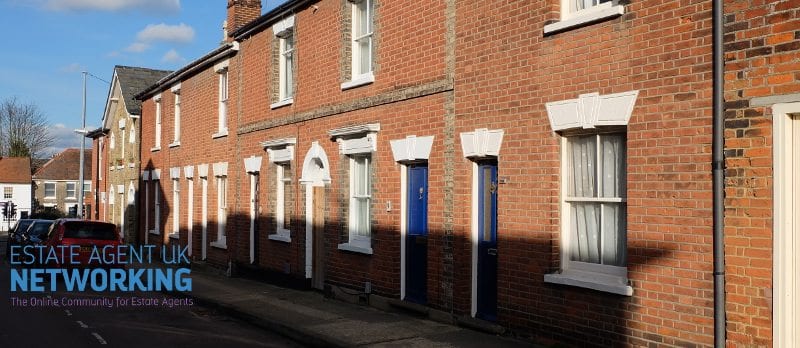For HMO landlords, bigger is better when it comes to yields
As Bradford emerges as the HMO yield capital of England, new insight from COHO, the HMO management platform, reveals that larger HMOs generate stronger yields than smaller ones despite requiring higher up-front investment costs. But should landlords be looking for even stronger returns by focussing their attention on the next generation of housemates?
COHO has analysed current HMO market data* and found that in England, small HMOs with just three bedrooms generate an average yield of 7.1%. This is based on an average three-bed HMO asking price of £302,546 and an average monthly rental income of £593 per room.
Yields for a four-bed HMO are significantly stronger at an average of 8.5%. This is due to the asking price of a four-bed HMO (£336,252) being only marginally higher than that of a three-bed, despite the additional bedroom.
Meanwhile, five-bed and six-bed HMOs deliver the strongest yields, both sitting at a current average of 8.7% across England.
However, this 8.7% national average pales in comparison to the yields that six-bed HMOs achieve in some of England’s major cities.
Strongest city yields
The strongest six-bed HMO yields are currently found in Bradford where the average price of an HMO of this size sits at just £228,750 which, when combined with a monthly rental income of £482 per room, generates an average yield of 15.2%.
In Liverpool, six-bed HMOs generate an average yield of 10.8%, while in Leicester it’s 10.1%.
Bradford is also home to the strongest five-bed HMO yields, averaging 10.1%, followed by Leicester (10%), and Leeds (9.8%).
Meanwhile, Liverpool leads the pack with four-bed yields, averaging an impressive 11.9%. This is followed by Sheffield at 10.2% and Nottingham at 9.6%.
Finally, England’s best three-bed HMO yields are found in Newcastle, (10.7%), followed by Manchester (9.8%) and Liverpool (9.3%).
COHO Founder and CEO, Vann Vogstad, commented:
“The most profitable HMOs are located in cities in or towards the north of England where property prices are significantly lower than the likes of London and the south. And while London landlords benefit from a much higher monthly rental income, it’s still not enough to offset the large upfront investment to an extent that will bring yields on par with those available in the likes of Bradford or Liverpool.
However, all is not lost for the capital’s landlords because a new shared living sector has emerged over recent years which promises to bolster yields in the capital and beyond: co-living.
Co-living is distinct from HMOs in a number of ways, not least the way in which they are conceived, designed, and managed.
Co-living is, much like the build-to-rent sector, marketed towards well-employed young professionals who are willing to pay a rental premium in order to live in a top quality property with likeminded housemates, onsite amenities and flexible tenancies that suit the world of nomadic lifestyles and remote working.
For London’s landlords, this presents a massive opportunity. If you can provide a high-spec property with strong on-site services and amenities, you are able to charge significantly higher rents than those typically associated with HMOs. What’s more, a well-branded co-living development can be easily replicated in other locations, even other cities, enabling landlords to build a strong portfolio of co-living assets.
It’s certainly worth thinking about. While HMO landlords in the north can enjoy incredible yields by delivering nothing more than what HMO tenants expect, in the south it might be time to delve into the unexpected to start attracting a whole new demographic of tenants, otherwise known as the next generation of housemates.”









